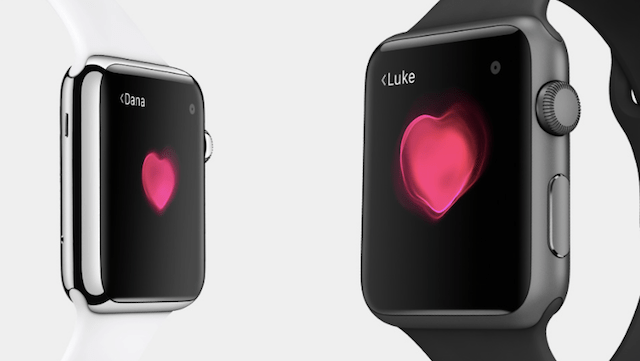
According to Cardiogram founder Brandon Ballinger’s latest clinical study, the Apple Watch can detect diabetes in those previously diagnosed with the disease with an 85 percent accuracy.
The study is part of the larger DeepHeart study with Cardiogram and UCSF. This particular study used data from 14,000 Apple Watch users and was able to detect that 462 of them had diabetes by using the Watch’s heart rate sensor, the same type of sensor other fitness bands using Android Wear also integrate into their systems.
In 2015, the Framingham Heart Study[1] showed that resting heart rate and heart rate variability significantly predicted incident diabetes and hypertension. This led to the impetus to use the Watch’s heart rate sensor to see if it could accurately detect a diabetic patient.
Previously, Ballinger and his colleagues were able to use Apple’s Watch to detect an abnormal heart rhythm[2] with up to a 97 percent accuracy, sleep apnea[3] with a 90 percent accuracy and hypertension[4] with an 82 percent accuracy when paired with Cardiograms AI-based algorithm. All discoveries so far have been published in clinical journals and Ballinger intends to publish these latest findings shortly after presenting at the AAAI 2018 conference this week.
Diabetes is a huge — and growing — problem in the U.S. More than 100 million U.S. adults[5] are now living with pre-diabetes or diabetes and more than 1 in 4 of them go undiagnosed, according to the CDC. Part of the problem is the pain that goes into checking blood glucose levels. A patient must prick themselves after every meal and correctly take the right amount of insulin to keep themselves in balance.
Early detection could...